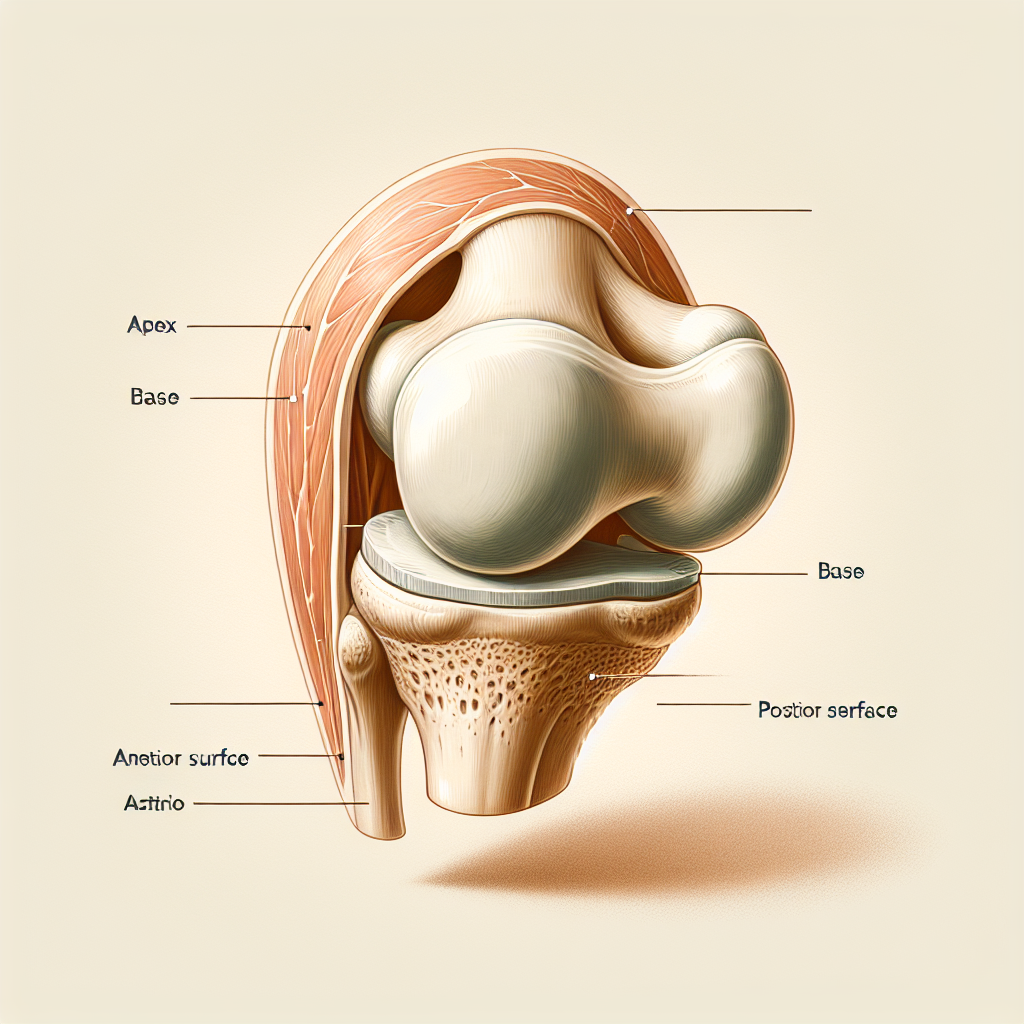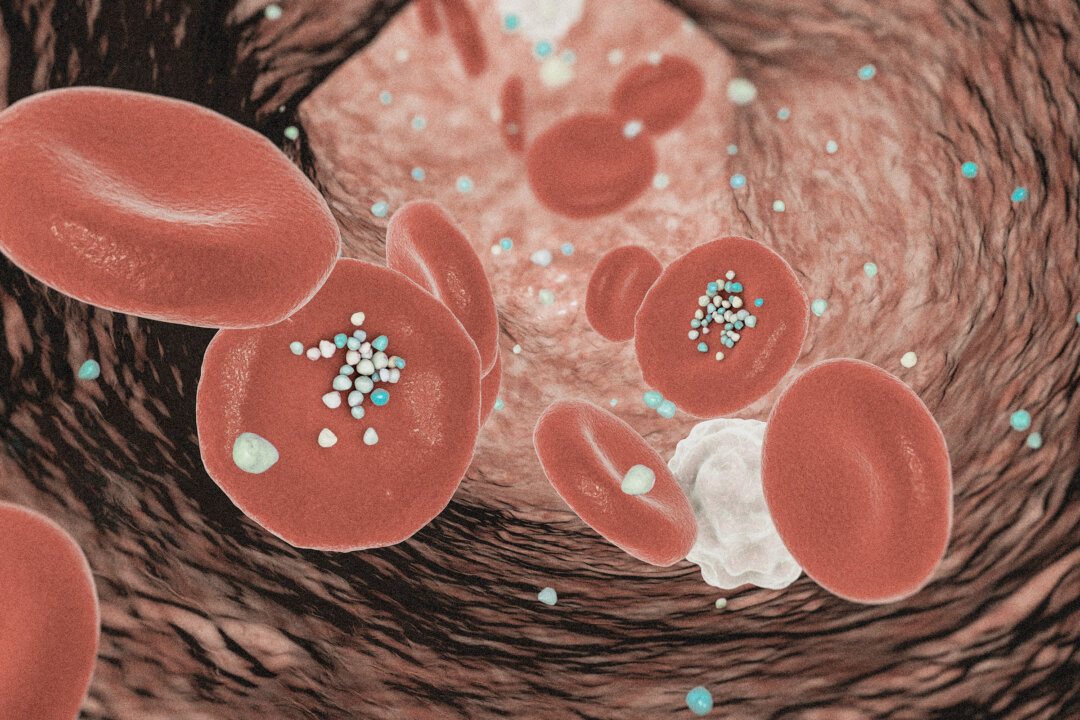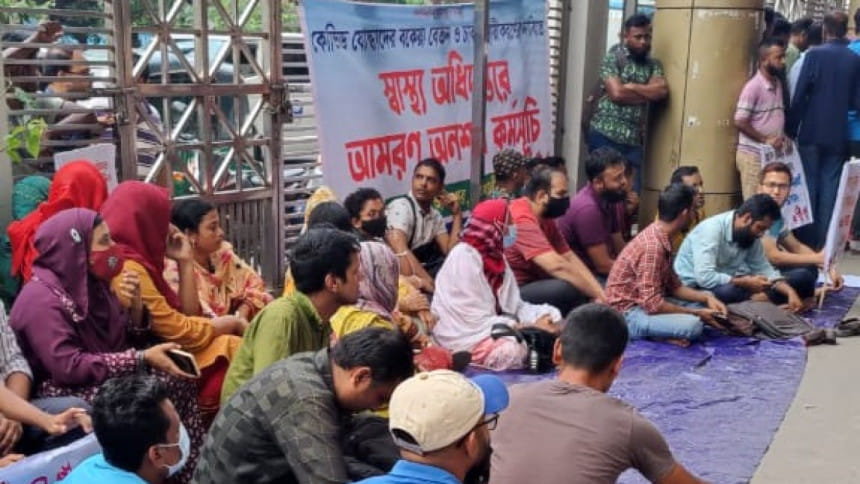Multiple myeloma is a type of blood cancer that arises from abnormal or malignant plasma cells. Normally, a healthy plasma cell is found in bone marrow and is responsible for producing antibodies to provide immunity to the person.Multiple myeloma can arise when plasma cells transform into malignant plasma cells which leads to the uncontrolled growth of these abnormal plasma cells, which crowd out healthy blood cells.
This can cause bone damage, kidney dysfunction, anaemia, and weakened immunity. The disease is considered incurable but treatable, with therapies aimed at controlling its progression and improving quality of life. According to GLOBOCAN 2022 data, multiple myeloma (MM) accounted for approximately 0.

94% of all new cancer cases globally, with an estimated 187,952 new diagnoses and 121,388 deaths in 2022. The age-standardized incidence rate (ASIR) was 0.22%, and the age-standardized mortality rate (ASMR) was 0.
13%.In India, several cases of multiple myeloma has been detected in the last few years – most of them fall under the younger age category. Speaking to TheHealthSite.
com, Dr. Narendra Agrawal, Unit Head & Sr. Consultant, Hemato-Oncology, Leukemia and BMT, Rajiv Gandhi Cancer Institute & Research Centre (RGCIRC), said that a major challenge in younger patients is the low index of suspicion, as physicians may not immediately consider myeloma when individuals present with non-specific symptoms like back pain, fatigue, or fractures.
Some of the most common symptoms of the condition include – spinal fractures, anaemia, paraplegia, and infections further complicate early detection due to their overlap with other conditions. “Many patients first seek care from general physicians, leading to prolonged diagnostic delays before reaching specialized oncology centres.”What Are The Symptoms of Multiple Myeloma?How to know that your body is dealing with Multiple Myeloma? Here are some of the most determining signs and symptoms associated with this condition:Persistent back pain, bone pain, or fractures may occur even with minimal trauma.
Spinal fractures that happens without any injuries is also a sign!Extreme fatigue, weakness, and breathlessness on exertion can also show up due to the onset of anemia.Paraplegia, or loss of power in the lower limbs, can make it difficult to stand or move. This can happen due to vertebral body fractures or tumor compressing the spinal cord.
Another dangerous symptom of Multiple Myeloma is kidney failure. Yes you read that right! The condition may trigger kidney issues which can lead to frequent infections, such as urinary tract infections, lung infections, or sepsis. The condition can also arise due to weakened immunity.
Dr. Narendra Agrawal notes – “It’s important to remain cautious if back pain suddenly worsens, changes in pattern, or is accompanied by weakness or neurological issues in the legs.”Unique Challenges in TreatmentIndia has more younger age patients as compared to western world.
Younger multiple myeloma patients face unique treatment challenges. Normally a young patient affected from myeloma looks at a productive and long life. So such patients require treatment strategies that can provide them a prolonged disease free duration and a good quality of life.
Many younger age patients present with aggressive disease, including high-risk genetic mutations, necessitating use of immunotherapies and intensive therapies including stem cell transplantation from the outset. The concept is to use most effective drugs in the initial phases of treatment so that to achieve deeper responses which can lead to prolonged disease free life.For patients who still relapses (recurrence of myeloma), now a days , we have newer treatment modalities like Bispecific antibodies and CAR T-cell therapy, which can salvage many of such patientsDespite many advancements in treatment, a complete cure remains uncommon, and most patients experience relapses, requiring continuous therapies to manage the disease over the span of years.
.
Health

Rare Blood Cancer Symptoms: Spinal Cord Pain Could Be a Sign of Multiple Myeloma: Don’t Ignore These Critical Signs

Rare Blood Cancer Alert: Spinal cord pain isn't always just muscle strain — it could signal multiple myeloma. Learn the critical symptoms you must not ignore to protect your health early!















